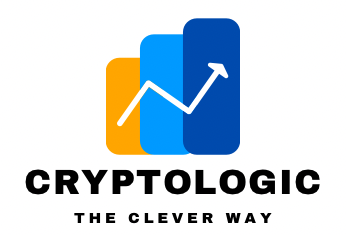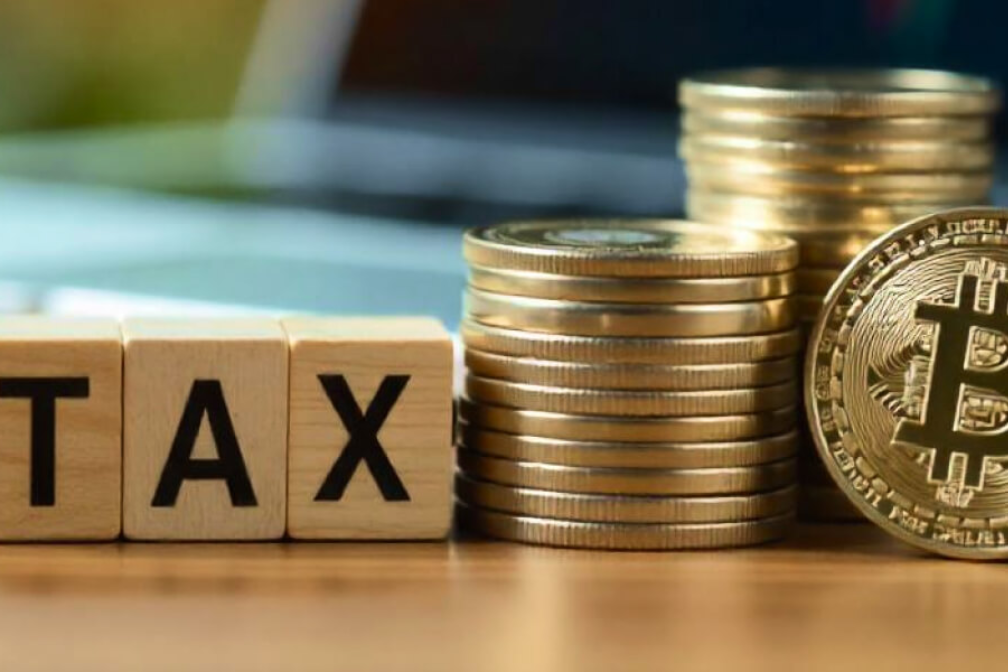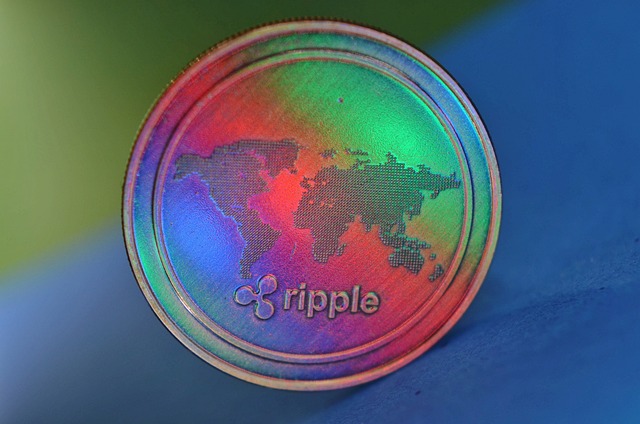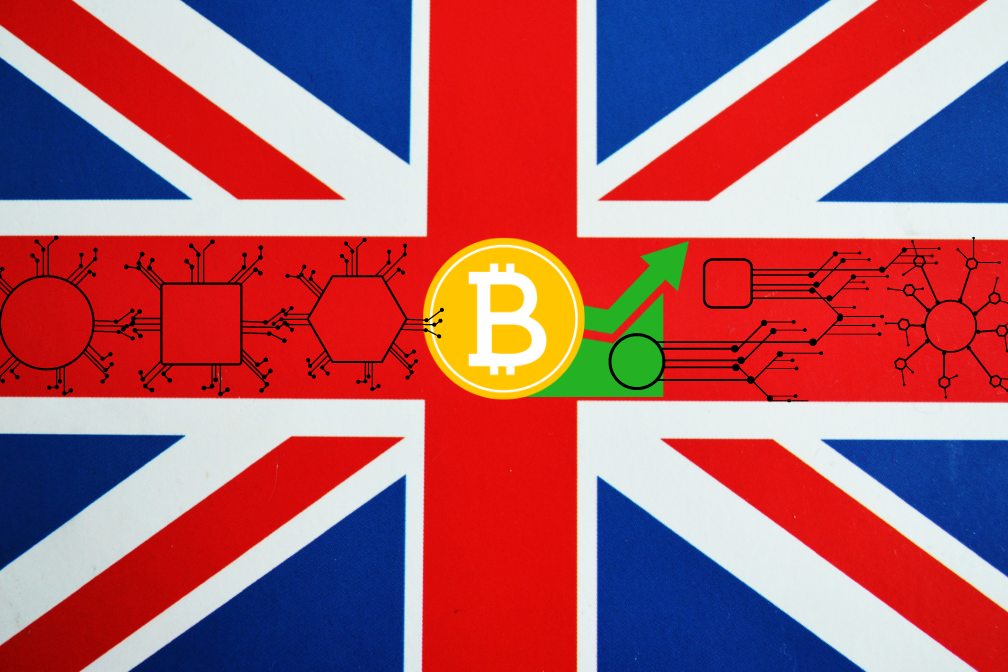Non-fungible tokens are digital assets that represent art, collectibles, games, and other such things. Their data, like cryptocurrency, is saved on the blockchain. NFTs are purchased and sold with cryptocurrencies. The Ethereum blockchain was the first to incorporate NFTs, but several other blockchains have since constructed their own versions of NFTs. Since 2021, the popularity of NFTs has grown.
Banks
Morgan Stanley, the first major Wall Street bank to adopt cryptocurrencies, stated on March 17, 2021, that they will provide access to Bitcoin funds for its rich customers through three funds that allow Bitcoin ownership for investors with an aggressive risk tolerance. On February 11, 2021, BNY Mellon stated that it would begin selling cryptocurrency services to its clients.
Venmo implemented cryptocurrency compatibility to its platform on April 20, 2021, allowing consumers to purchase, hold, and trade Bitcoins. MasterCard announced in October 2021 that it is collaborating with digital asset management Bakkt on a platform that would allow any bank or retailer on the MasterCard network to offer cryptocurrency services.
Environmental consequences
Mining for proof-of-work cryptocurrencies consumes massive quantities of power and, as a result, has a significant carbon footprint. Proof-of-work (PoW) blockchains like Bitcoin, Ethereum, Litecoin, and Monero were projected to have emitted between 3 million and 15 million tonnes of CO2 to the atmosphere between 1 January 2016 and 30 June 2017.
By November 2018, Bitcoin was predicted to consume 45.8TWh of energy per year, creating 22.0 to 22.9 million tonnes of CO2, rivalling Jordan and Sri Lanka. Bitcoin was expected to create 65.4 million tonnes of CO2, the same as Greece, and consume between 91 and 177 terawatt-hours annually by the end of 2021. Critics have also found a significant electronic waste problem in the disposal of mining rig. Mining gear is rapidly improving, resulting in earlier generations of hardware.
Bitcoin is the least energy-efficient cryptocurrency, with each transaction consuming 707.6 kilowatt-hours of electricity. Ethereum, the world's second-largest cryptocurrency, consumes 62.56 kilowatt-hours of energy each transaction. XRP is the world's most energy-efficient cryptocurrency, using only 0.0079 kilowatt-hours per transaction. Although the largest PoW blockchains consume energy on a par with medium-sized countries, the yearly power consumption from proof-of-stake (PoS) blockchains is comparable to a housing development. The New York Times named six "green" cryptocurrencies: Chia, IOTA, Cardano, Nano, Solarcoin, and Bitgreen. Academics and academics have utilised a variety of ways to estimate the energy consumption and efficiency of blockchains. A look at the six largest proof-of-stake networks in the world in May 2021 included:
Cardano has the lowest per-node electricity consumption. Polkadot uses the least amount of power overall; and Solana uses the least amount of power each transaction. Polkadot (70,237), Tezos (113,249), Avalanche (489,311), Algorand (512,671), Cardano (598,755), and Solana had the highest yearly usage (kWh/yr) (1,967,930). Polkadot consumes 7 times the power of the ordinary US house, Cardano 57 times, and Solana 200 times. According to the findings, PoS networks utilise 0.001% of the power used by the Bitcoin network. Researchers at University College London came to a similar result. A few publications found that variable renewable energy power stations may participate in Bitcoin mining to minimise curtailment, hedge electricity price risk, stabilise the grid, boost renewable energy power station profitability, and so expedite the transition to sustainable energy.
Technological constraints
There are also simply technical considerations. For example, advances in technology in cryptocurrencies such as Bitcoin result in substantial upfront expenditures for miners in the form of specialised hardware and software. After a couple of blocks validate the transaction, cryptocurrency transactions are typically irreversible. Furthermore, bitcoin private keys might be permanently lost from local storage owing to virus, data loss, or physical media destruction. This prevents the bitcoin from being spent, thereby removing it from the markets.
Scholarly research
In September 2015, the peer-reviewed academic journal Ledger (ISSN 2379-5980) announced its establishment. It is published by the University of Pittsburgh and covers bitcoin and related technological research. The magazine encourages writers to digitally sign a file hash of their submitted papers, which are subsequently timestamped onto the Bitcoin blockchain. In addition, authors are required to disclose a personal Bitcoin address on the first page of their publications.
Aid Organisations
UNICEF is among the organisations that have begun to accept cryptocurrency donations. According to Christopher Fabian, chief adviser at UNICEF Innovation, the children's fund will follow donor standards, which means that those making online donations will have to pass checks before they can deposit monies. However, there was a backlash against Bitcoin donations in 2021 owing to the pollution they produced. Some organisations ceased accepting Bitcoin, while others switched to "greener" cryptocurrency. After seven years, Greenpeace's US arm ceased taking bitcoin donations. "This strategy proved impractical when the amount of energy required to run Bitcoin became obvious," it stated. Following Russia's invasion of Ukraine in 2022, the Ukrainian government raised more over $10 million in bitcoin help.
Criticising Bitcoin
Eight Nobel Laureates in Economic Sciences have described Bitcoin as a speculative bubble: Paul Krugman, Robert J. Shiller, Joseph Stiglitz, Richard Thaler, James Heckman, Thomas Sargent, Angus Deaton, and Oliver Hart; and central bank officials including Alan Greenspan, Agustn Carstens, Vtor Constâncio, and Nout Wellink. Warren Buffett and George Soros have termed it a "mirage" and a "bubble," respectively, while business titans Jack Ma and J.P. Morgan Chase CEO Jamie Dimon have dubbed it a "bubble" and a "fraud," respectively, but Jamie Dimon subsequently stated he regretted calling Bitcoin a "fraud." Bitcoin has been dubbed an "index of money laundering" by BlackRock CEO Laurence D. Fink.















